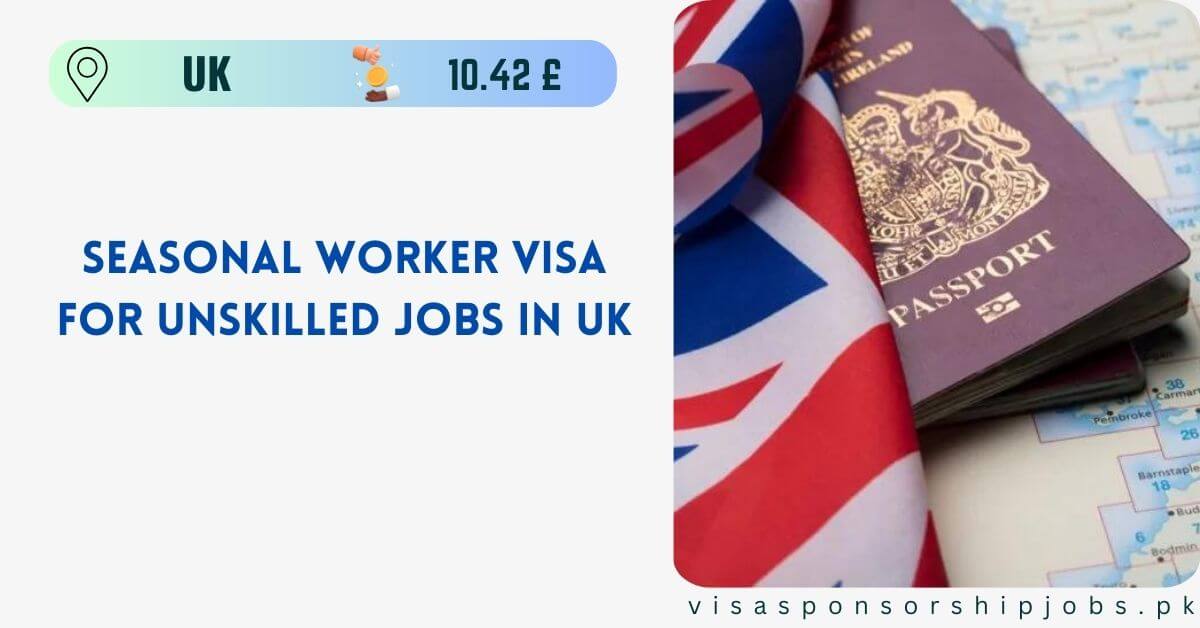Care Assistant Jobs in Nottingham 2025 – Apply Now
Firstcall 247 Limited, a leading provider of care services in the United Kingdom, is searching for experienced healthcare assistants to join our team. The services you will be rendering will include end-of-life care, assistance for the elderly, dementia, Alzheimer’s, cognitive disabilities, and other clients’ special needs. We are searching for dedicated and ardent personnel to provide the highest quality of care.
Do you possess a strong desire to enhance the lives of others and have experience as a senior caregiver?
Is it possible for you to effectively contribute to the team to deliver exceptional care to our residents and inspire them to consistently pursue excellence?
Every day, our care teams endeavor to implement tangible change, and your actions will be guided by the fundamental principles of benevolence and empathy. While supporting the team, you will be responsible for your responsibilities and the implementation of care that will genuinely impart a sense of autonomy, dignity, and security to our residents. In exchange, we will provide you with opportunities for career advancement and training that promote your personal growth, all of which are comprehensively organized and implemented within a supportive, stimulating, and enjoyable environment.
Key Points:
- Job Types: Full-time, Permanent
- Salary: From £20,500.00 to £26,000.00 per year
- Shift pattern:
- Day Shift
- Night Shift
- Early shift
- Late shift
- Company: Firstcall 247
- Location: 14-15 Tollbar House, 1 Derby Road Nottingham, DE7 5FH
Duties of Care Assistant Jobs in Nottingham:
This role encompasses the following responsibilities:
- Assisting the patient with activities such as bathing, sanitation, and dressing
- Overseeing household responsibilities, including laundry and grocery shopping
- Preparation and serving of meals at the designated time
- The act of administering oral and topical medications under the supervision of medical personnel
- Providing emotional and psychological support
- Advising healthcare personnel and family members on the appropriate course of treatment
- Organizing suitable leisure activities for the individual
- Providing the highest quality of care by working in conjunction with other health care and social care professionals
- Engage in discussions with professional personnel regarding the execution of care plans, etc.
Check Also: Visa Sponsorship Caregiver Jobs in UK – Apply Now
Benefits of Care Assistant Jobs in Nottingham:
- High Demand for Care Assistants: Nottingham has a consistent demand for care assistants, which offers job security and a variety of employment opportunities in care homes, hospitals, or clients’ residences, due to the city’s aging population.
- Work that is Highly Fulfilling: Care assistant positions are highly rewarding because they enable you to directly influence the well-being of individuals. The personal connections and the opportunity to assist others are highly rewarding for many.
- Flexible Working Hours: Care roles frequently offer the flexibility of shift work, which is ideal for individuals who require adaptable schedules, such as students or those with family obligations.
- Training and Career Development: Numerous care positions in Nottingham provide on-the-job training and assistance in obtaining formal certifications, including the Care Certificate. Some employers also provide opportunities for advancement to more senior positions, such as nursing or senior care assistant.
- A Supportive Work Environment: Nottingham’s care sector is renowned for its inclusive, supportive work culture, which is characterized by the close collaboration of teams to deliver compassionate care. A robust sense of camaraderie and mutual support is frequently fostered in this team-oriented environment.
- Competitive Hourly Pay and Benefits: Care assistants in Nottingham frequently receive competitive hourly pay, as well as benefits such as pension contributions, holiday pay, and occasionally travel allowances or incentives, contingent upon the employer.
- Specialization Opportunities: Care assistants have the potential to enhance their expertise and earning power by specializing in areas such as dementia care, palliative care, or mental health, as they gain experience.
- Community Engagement: Your role as a care assistant provides you with the opportunity to engage with the community by assisting clients in their residences. This local engagement is particularly well-suited for individuals who derive pleasure from contributing to their community and feeling a sense of belonging.
Entry Requirements:
- Formal academic enrollment requirements do not apply. Generally, employees are obligated to complete the registration process with the relevant statutory organization, which entails meeting the registration requirements.
- Typically, this would entail possessing or striving to obtain the requisite credentials for the position. The minimum age requirement for applicants is 18 years old, and they must possess prior work experience in a care setting. On-the-job and off-the-job training are both options.
- An extensive selection of credentials, including NVQs and SVQs, are offered, encompassing diverse facets of care. It is probable that background investigations, such as a CRB check, will be mandatory.
Would you like to help individuals to live safely?
We are currently accepting applications for a diverse array of healthcare positions to help individuals maintain their independence in their own homes. Please select the “apply” option if you are confident in your capacity to positively impact someone’s life. You will have the opportunity to enhance the quality of life, contentment, and overall well-being of an individual by becoming a member of our professional team.
Individuals who are passionate about providing exceptional care and are interested in joining the growing team of Firstcall 247 Limited should reach out to us at 03333582255 or 07467706651 for additional information. Alternatively, you may visit our website.
Frequently Asked Questions:
What are the main responsibilities of a care assistant?
A care assistant’s primary duty is to meet the client’s needs. This can often include helping them get ready for the day, administering medication, or helping with general household tasks. To maintain high-quality standards, care must always be person-centered.
How to become a carer in the UK?
Although it is feasible to start employment as a care worker without formal qualifications, numerous employers prioritize candidates who possess an elementary understanding of care principles. This can be completed by enrolling in courses such as the Level 2 or 3 Diploma in Health and Social Care.
What should I expect from a care assistant?
Chat with clients and get to know their backgrounds, interests, and needs. I assist with tasks such as washing, dressing, and personal care. Prepare meals, help with eating, and ensure clients take their medication when necessary. Support clients in participating in physical and social activities.









